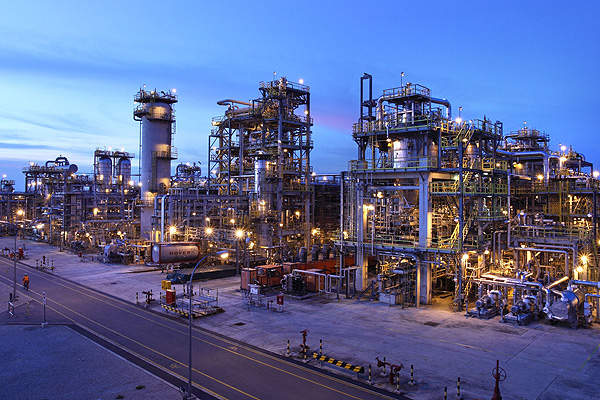To ensure Nigeria and other African countries sustain sufficiency in petroleum products refining and supply, they will need $15.7 billion (about N6.5 trillion) to upgrade over 90 per cent of their refineries.
This was the position of the African Refiners and Distributors Association (ARDA) and some energy experts who also said if that is not done, the countries may continue to face dangers of high sulphur in imported fuel.
Recall that Nigeria suffered from adulterated petrol circulation between February and March this year, causing chaos in the petrol supply value chain. Nigeria is already spending $1.5bn or N623bn to rehabilitate the Port Harcourt refinery.
Speaking at the 2nd Refining and Specifications Virtual Workshop organised by ARDA, the experts also said without the upgrade, achieving net-zero, the Paris Agreement and other agreements targeting a cleaner environment may remain elusive.
Executive Secretary of ARDA, Anibor Kragha, noted that adoption of harmonized specification would halt importation of fuels not meeting the AFRI specs into Africa and gave existing refineries until 2030 to upgrade their facilities to produce the cleaner, lower sulphur AFRI-6 (10ppm) specifications.
Also speaking on upgrading refineries, Data Manager at CITAC, Richard Augood, said investment is still needed to make African refineries comply with AFRI-6.
He said countries that needed refineries’ upgrade include Algeria, Egypt, Libya, South Africa, South Sudan and Sudan, Angola, Chad, Congo, Côte d’Ivoire, Gabon, Ghana, Niger, and Senegal.
For Nigeria, Augood said the Warri, Kaduna and Port Harcourt refineries need Naphtha Hydro-treating (NHT), City Gas Distributions (CGDS) and Benzene extraction to meet AFRI Specifications.

 Join Daily Trust WhatsApp Community For Quick Access To News and Happenings Around You.
Join Daily Trust WhatsApp Community For Quick Access To News and Happenings Around You.


